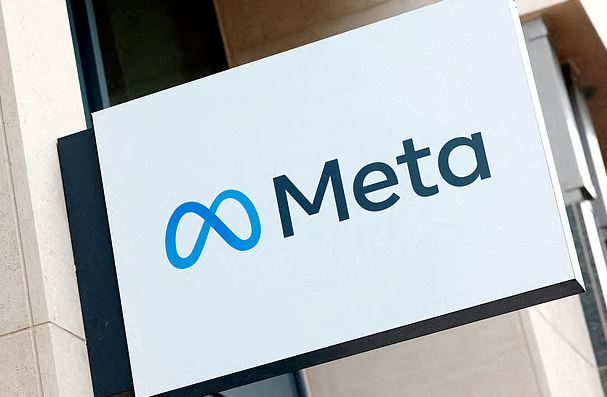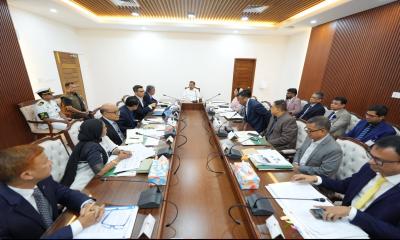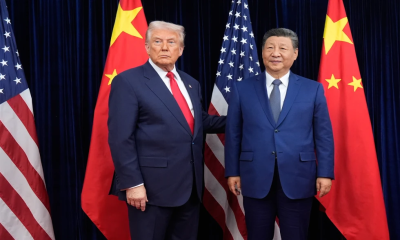In 2024, the Bangladesh government made requests to Meta for information on 3,771 user accounts, according to the company’s latest transparency report. While the total number is significant, data shows that such requests declined in the second half of the year following the change in government.
Meta, the parent company of Facebook, also restricted access to 4,220 pieces of content in Bangladesh during the year. Meanwhile, Google received 5,827 content removal requests from the government over the same period, reports Prothom Alo.
Meta and Google release transparency reports biannually, disclosing government requests from around the world. The 2024 reports reveal that Bangladesh saw a higher volume of requests in the first half of the year—during the tenure of the Awami League government. That administration was ousted on 5 August following a mass uprising, after which the current interim government assumed office on 8 August.
The Bangladesh Telecommunication Regulatory Commission (BTRC) submits such requests on behalf of the government. A BTRC source indicated that the number of requests decreased under the interim government.
According to Meta, the company reviews all government requests against relevant legal standards and its own terms of service. From July to December 2024, Bangladesh made 926 requests, including 897 based on legal processes and 29 on urgent grounds. These requests sought data on 1,486 accounts. Meta complied with 64 per cent of them.
Between January and June 2024, 1,501 requests were made seeking information on 2,285 accounts. Meta responded positively to 68.4 per cent of those.
In terms of content restriction, Meta limited access to 1,280 pieces of content in the second half of the year—comprising over 1,140 comments, 123 posts, and 8 profiles. In the first half, it restricted more than 2,940 items, including more than 2,600 comments, 317 posts, one page and group, and five profiles.
Meta clarified that most restrictions were based on BTRC complaints citing violations of local laws under the Cyber Security Act 2023. The flagged content included material linked to controlled substances, attacks on religious sentiments, incitement to communal violence, and other legal violations.
Request to remove YouTube content
The Bangladesh government made 153 requests to Google from July to December last year, asking for the removal of 1,357 pieces of content. Google took no action in 45.8 per cent of these cases, and 37 per cent were deemed to have insufficient information. The remaining content was removed for various reasons, including legal processes and policy violations.
Most of the government’s requests targeted defamation, regulated goods and services, and content critical of the government, with YouTube being the platform where removals were most frequently sought.
From January to June, the government made 337 requests to remove 4,470 pieces of content. In total, the government requested Google to remove 5,827 pieces of content throughout the year.
Google’s transparency report also includes user information requests. From January to June 2024, the Bangladesh government made 28 such requests covering 30 accounts, with Google responding in only 14 per cent of cases.
Miraj Ahmed Chowdhury, managing director of the platform Digitally Right, which studies the impact of technology on information systems, suggested that the decrease in requests for information in the latter half of the year may be linked to a prior political motive to control content.
He emphasised the need to build political consensus to prevent ‘legal requests’ from being misused to suppress freedom of expression. Otherwise, there is a risk that legal mechanisms could be exploited in the future.
Miraj Ahmed also stressed that judicial oversight and regular disclosure of information regarding content removal under the new Cyber Security Ordinance should move beyond policy commitments to actual, effective implementation.














-20260222063838.webp)



















